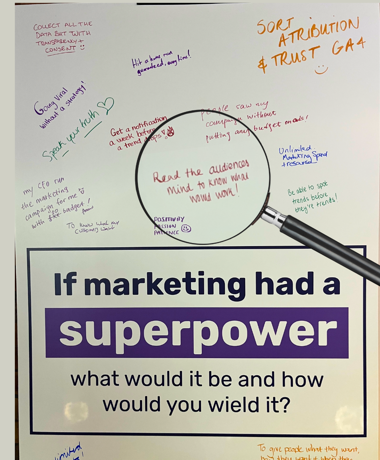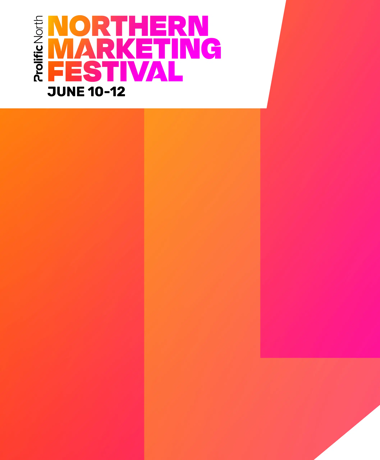Michael Scowcroft, SEO director at Bring Digital
Michael Scowcroft is SEO director at Bring Digital, who has over 12 years of experience working across digital marketing. During his previous role as group SEO Manager at AO.com, he worked with global brands like Samsung, Sony and Microsoft. Today, he leads Bring Digital’s award-winning SEO department, and at home, he’s currently teaching his son how to code.

Q: "What’s the biggest lesson you’ve learnt from working with a brand/client?"
The biggest lesson I've learned working at Bring Digital is this: you won't get buy-in from your clients if you can't speak their language.
I came from a technical background when I first joined Bring Digital five years ago. I regularly spoke with developers about projects that mattered to them. When discussing tracking, data, or analytics, I was in my comfort zone.
But when I started speaking directly with clients, I quickly found that my communication style missed the mark. I'd go into meetings with key stakeholders with a list of actions as long as my arm, but I'd get tripped up by questions like, "What's the value?" and "How does this help us achieve our targets?"
Of course, I knew in my mind why it mattered. But in my haste to prove my expertise, I'd skipped over having that discussion with the client.
Today, I communicate very differently. I'm careful to communicate value in a way that will resonate not just with the business but with the individual, too.
I do three things when thinking about how I want to communicate: empathise, simplify, and specialise.
Tip #1: Empathise
The most immediate improvement in my communication style was to put myself in my client's shoes and ask: "Why should I care?"
At Bring Digital, our values are to do right by our clients and each other. Empathy is crucial in both.
When planning how to communicate, think about your clients' day-to-day conversations. Are they getting pressure internally for results? Do they need clarification on where their main problems lie? Are they concerned about showing a clear ROI to their board?
Once you know the questions, you can tailor how you communicate to answer them. You can focus on the "why" instead of the "what".
Suppose you're discussing technical SEO tickets. In that case, you should spend more time explaining how a fix will help drive more traffic or improve conversions (with data, wherever possible) than you do on the details of the fix itself. This way, you'll get greater buy-in from the client, and they'll have a clear incentive to prioritise those tickets internally.
Tip #2: Simplify
Many of the barriers in agency-client communication stem from the desire to prove ourselves. Too often, we get entrenched in technical jargon because we want to show we're experts.
Our clients spin several plates at once. Managing an agency is only one of their responsibilities: they're also preparing seasonal campaigns, developing their teams, and managing the expectations of their board of directors. They don't have time to unpack dense roadmaps to decode the most important information.
As an agency, it's our job to pinpoint clearly and unequivocally what the priorities should be. And to do that, you often have to keep everything that makes you sound very clever beneath the surface.
Don't get entrenched in technical jargon. It's far easier to build upon a simple idea than to unpack a convoluted one.
Tip #3: Specialise
In agencies, it's easy to fall into the trap of seeing "the client" rather than a group of individuals. But tailoring your message for each person can have huge benefits.
Different people have different roles. And different roles have different objectives. Focusing on top-level goals like revenue and profitability might be music to an ecommerce director's ears, but it might fall flat with the content manager or scrum master in the room.
Spend time with your client contacts to learn about their roles and objectives. Then, tailor your message as and when it's appropriate. If a head of content has user engagement targets to hit, quantify the impact of your proposed fixes in terms of sessions, impressions, or video plays. If a PPC manager isn't sold on your landing page project, focus on its benefits to quality score or conversion rate.
Tailoring your message to the individual is worth the time and effort if you want the business's full buy-in.
And finally...speak your client's language
Learning the importance of client-first communication has transformed my approach to working in an agency.
Too often, my delivery background had me focusing on the "what" rather than the "why". Explaining the "why" clearly and often can remove countless blockers so you can get the "what" delivered.
So spend more time improving your communication. You'll end up with less talking and more doing in the long run.
Back to news & insights
Latest News & Insights





